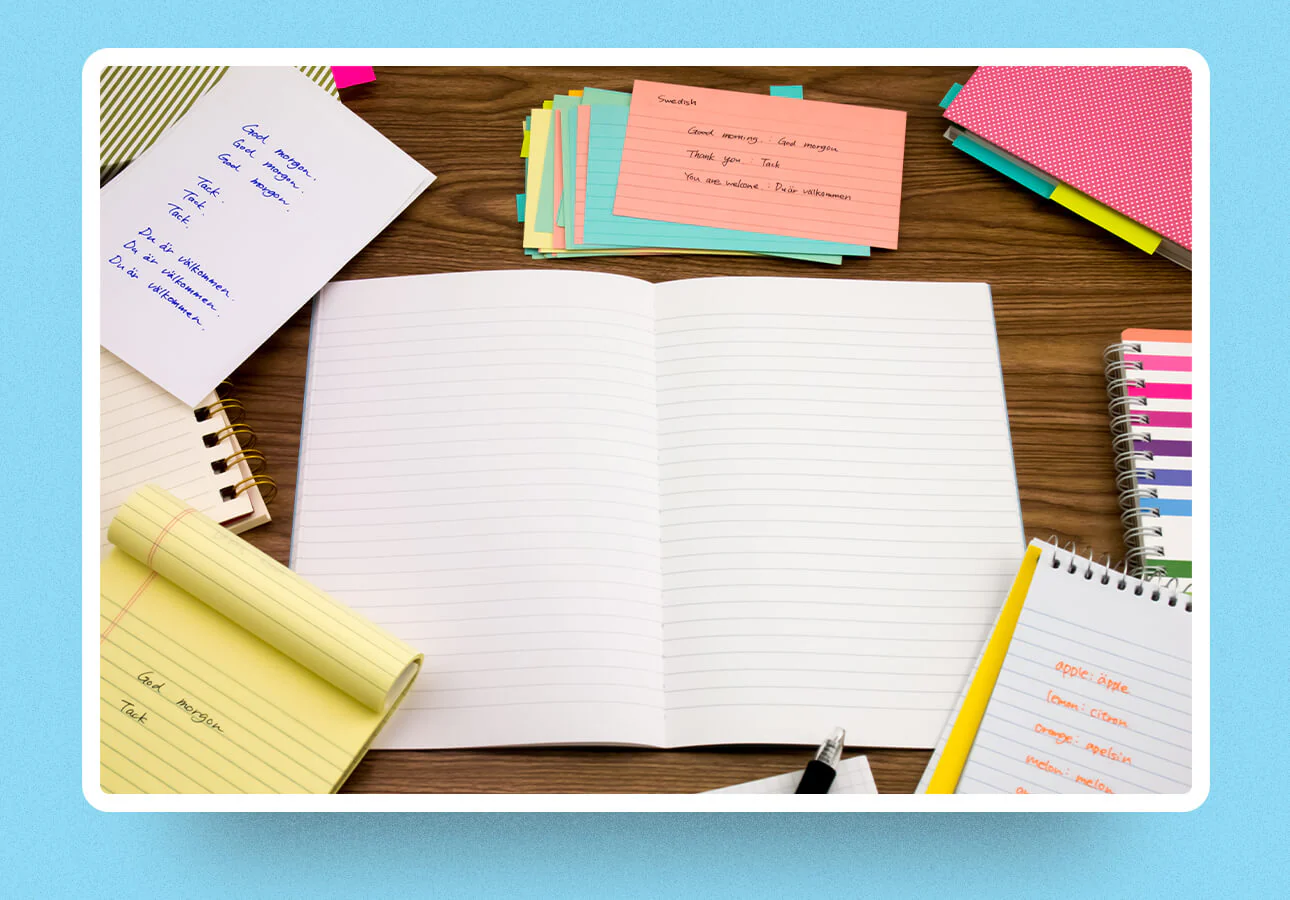How to Retain What You Read — The Secret to Lifelong Learning

Introduction
Have you ever finished a book and realized you remember almost nothing from it? You’re not alone. Most readers forget 90% of what they read within a week — not because they lack intelligence, but because they don’t interact with the information deeply enough.
Reading isn’t just about finishing books. It’s about transforming what you read into wisdom you can use.
Here’s how to retain what you read — for life.
1. Read with Intention
Before opening a book, ask yourself: What do I want to learn from this?
When you read with a purpose, your brain naturally filters and stores what matters most. Passive reading fades — intentional reading sticks.
2. Highlight Less, Reflect More
Instead of highlighting every line, pause after key insights. Ask, “How can this apply to my life or goals?” Reflection turns information into personal meaning — and meaning creates memory.
3. Teach What You Learn
One of the fastest ways to retain knowledge is to share it. Explain a concept to a friend, write about it, or post your takeaway online. Teaching forces your brain to organize and recall what it just absorbed.
4. Use the Feynman Technique
Named after physicist Richard Feynman, this method helps simplify complex ideas. Write down what you learned in your own words as if teaching a 10-year-old. If you can explain it simply, you truly understand it.
5. Review Your Notes Weekly
Revisit what you’ve learned every week. A short reread of notes or summaries keeps ideas fresh and solidifies them into long-term memory. Repetition isn’t boring — it’s how mastery is built.
Conclusion
Knowledge isn’t power — applied knowledge is. The more you engage with what you read, the more it becomes a part of you.
So from now on, don’t just finish books — absorb them. Reflect, teach, and revisit. That’s how you turn pages into power, and reading into lifelong learning.






